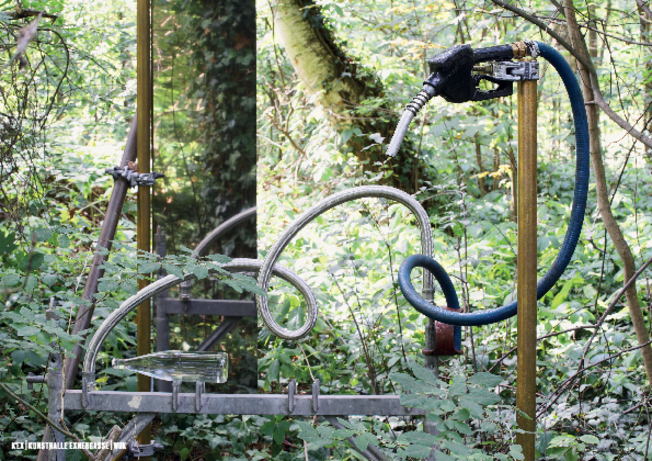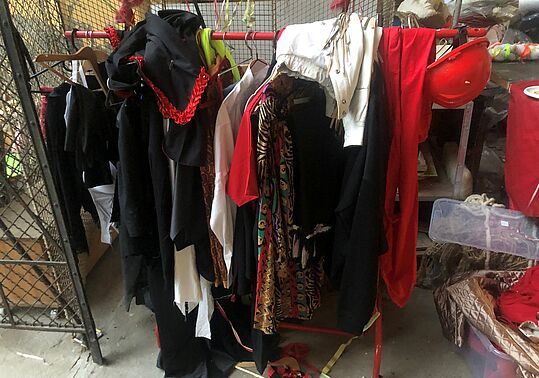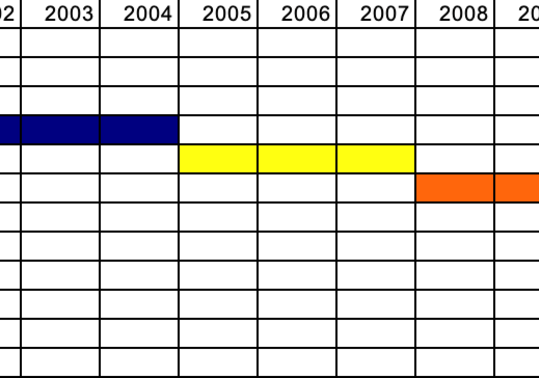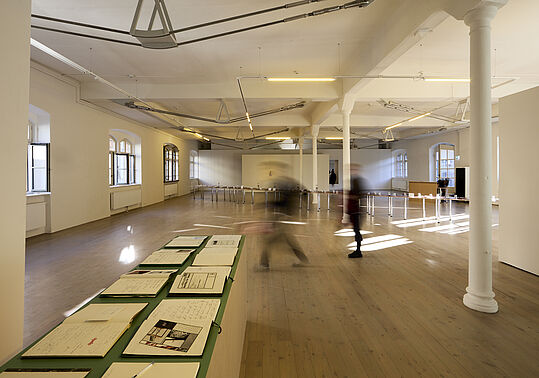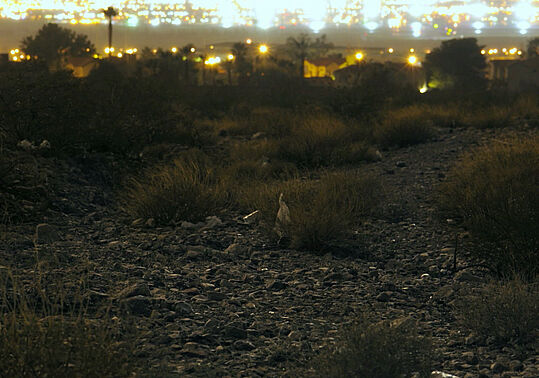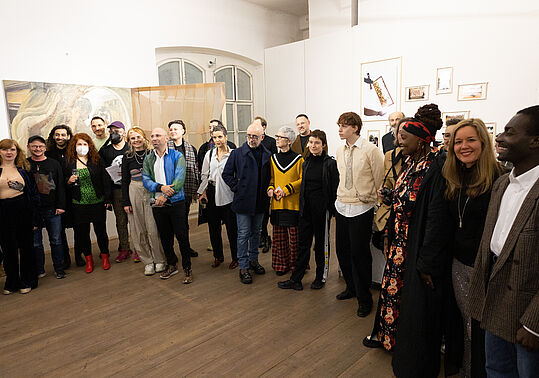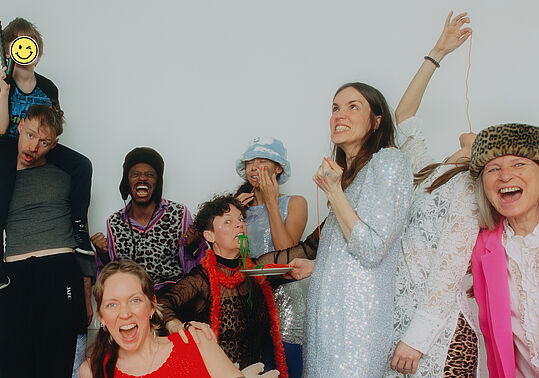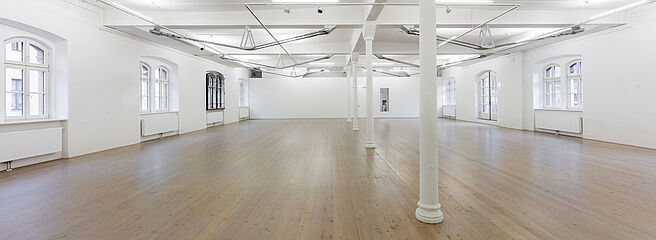TRACES OF VANISHING LANDSCAPES
Film screening and artist talk with Silvia Noronha
On November 5, 2015, a dam that hold back masses of water full of toxic mining waste burst in the Southern Brazilian mining region and near the city of Bento Rodrigues. This dam burst caused the second worst environmental disaster of its kind in the world. The event had an immediate, unpredictable and irreversible impact on the region and led to dramatic geological and social changes. The environmental disaster, which was even visible on satellite images, also had significant global consequences, since large quantities of polluted sludge spill into the Atlantic Ocean, but the dam burst was the subject of intense international debate.
As part of the event, Silvia Noronha will present her artistic exploration of the region around Bento Rodrigues. This not only continues to this day, but also laid the foundation for her artistic interest in speculative geographies, as she will also present in the exhibition vanishing structures. Politics of Disappearance.
The exhibition vanishing structures. Politics of Disappearance examines the questions and social, political, and ecological conditions tied to the disappearance of architecture, landscapes, people, and traditions. Gradual processes, such as transformations in urban space, play a central role, but also the temporality of global flows of commodities or fictitious future scenarios that postulated that present-day civilisations no longer exist. Within all these processes of change, we focus on things lost and absent, which are often only noticed by the few or not at all. The participating artists from different geographic and cultural backgrounds take individual artistic approaches to the politics of disappearance, enabling a translocal view on the topic.
Artists: Ana Alenso, Anca Benera & Arnold Estefan, Chan Sook Choi, Karolina Freino, Shirin Mohammad, Silvia Noronha, Maha Yammine and Christof Zwiener
Curator: Vincent Schier
KEX - Kunsthalle Exnergasse is a cooperation partner of the Klima Biennale Wien
Supported by the Korean Cultural Center


